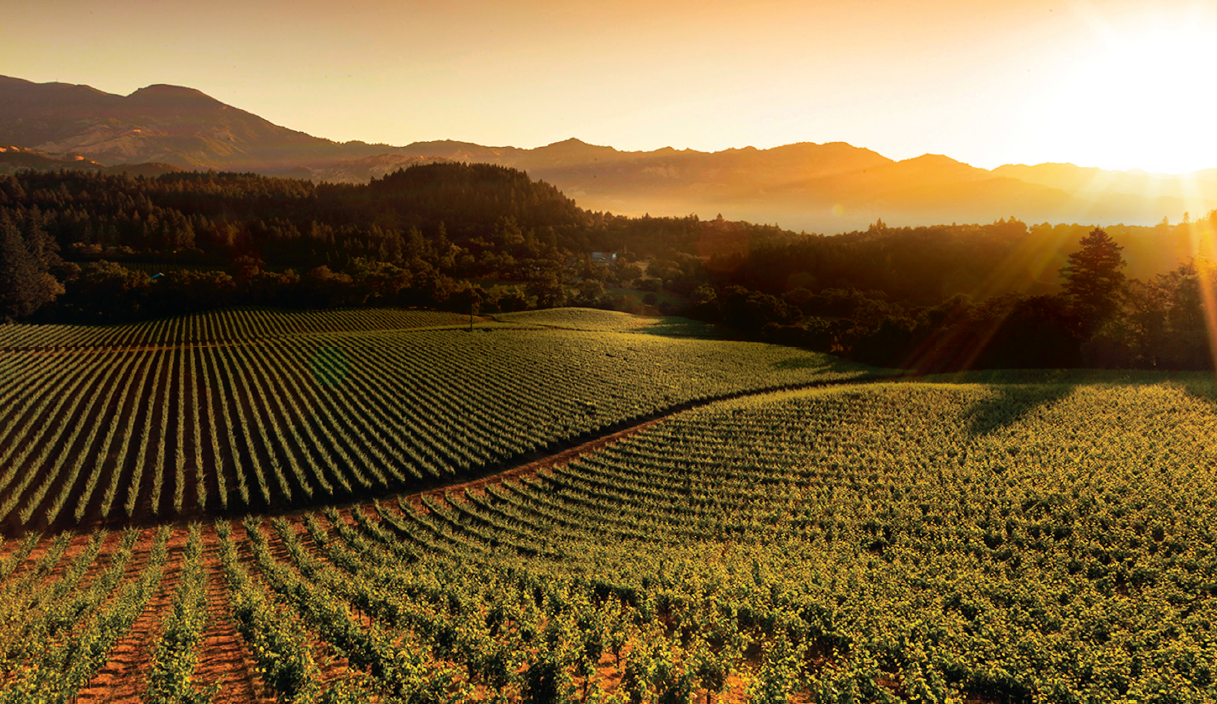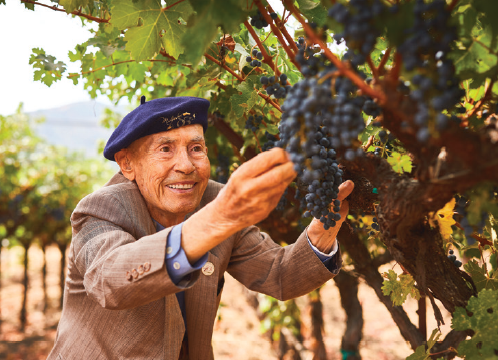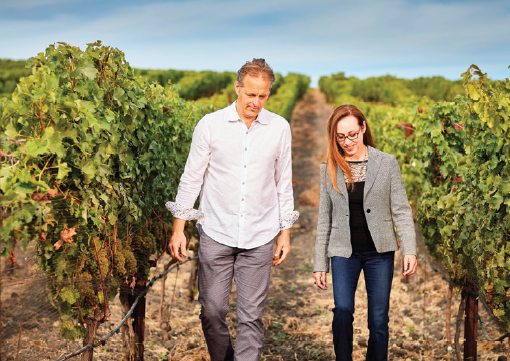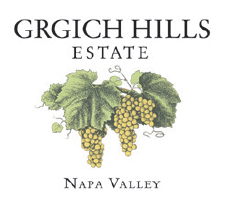Story By: Laurie Jo Miller Farr // Photos By: Rocco Ceselin
Grgich Hills Estate Winery and Regenerative Viticulture
Deeply rooted in family and widely acclaimed as a Napa Valley legacy, much has been written about Grgich Hills Estate winery. When speaking with Violet Grgich, at the helm as president since taking over from her father in 2017, she discussed the legendary winery’s focus on regenerative agriculture.
BEYOND SUSTAINABILITY
“We want to make truly authentic wines that resemble their birthplace,” she said. “We do that by owning all of our organically-certified vineyards and by practicing the most progressive and effective farming method – regenerative agriculture. ‘Sustainability’ is only continuing to do what you’ve always done, whereas ‘regeneration’ actually brings soil back to life.”
DOWN-TO-EARTH
In the Grgich Hills Estate vineyards, three elements of regenerative farming are key. Firstly, the principle emphasizes the importance of microbes that feed the plants. Without microbes in the soil, plants weaken and invite pests and diseases. Secondly, no-till farming nourishes a microbial network and creates a quality of soil that embraces every drop of rainfall. And the third element is animal husbandry for biodiversity. In addition to bees and cows, the farm supports a habitat populated by chickens, ducks, and owls. In combination, these three elements create an estate that’s a living organism, one that truly delivers on that all-important “sense of place” and produces the most delicious and authentic flavors.
In 2003, Grgich Hills Cellar changed its name to Grgich Hills Estate to recognize its commitment to being 100% estate grown. And in 2008, Miljenko “Mike” Grgich was inducted into the Vintner Hall of Fame in recognition of his historic contributions to world-class winemaking. Today, 366 acres in five vineyards in Napa Valley produce the award-winning wines that result from farming naturally without pesticides, herbicides, or artificial fertilizers.
CROATIAN TRADITIONS
Violet Grgich pointed out that in her father’s Croatian homeland, these traditional practices in the fields were the norm rather than being coined as regenerative, organic, or sustainable farming. Respected teachings and learnings were handed down from father to son. As she explained, “My father was born in a very small village, and he learned how to make wine from his father. Because they were poor, they produced everything they consumed, and they did it naturally because there was no other way to do it.”
NON-INTERVENTION WINEMAKING
“We’re as non-interventionist as we can possibly be,” she said. “From nurturing microbes in the soil to using native yeast for fermentation, we do as little as possible to create truly authentic wines with a sense of place. As a result, our wines are extraordinarily elegant and harmonious. That style is remarkably consistent from vintage to vintage, yet the wines will be a bit different every year, reflecting the changing nature of their birthplace.”
CROATIAN HOSPITALITY
“We serve luxury wines with down-to-earth Croatian hospitality,” Violet Grgich noted. Visitors are welcomed daily by appointment to enjoy guided tastings and flights at the outdoor patio at the beautiful Rutherford winery and vineyard.
FOR MORE INFORMATION:
1829 St. Helena Highway, Rutherford, CA 94573 // 707-963-2784





